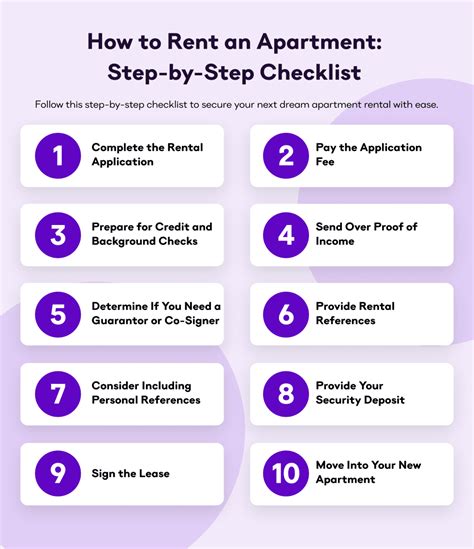Rejecting rental applicants can be a daunting task for landlords. Not only can it be uncomfortable, but it also requires careful consideration to ensure that you are complying with fair housing laws and avoiding potential liability. As a landlord, it is essential to have a clear and fair process for evaluating rental applicants and communicating with them about the status of their application.
One of the most critical aspects of rejecting rental applicants is ensuring that you are doing so in a non-discriminatory manner. Fair housing laws prohibit landlords from discriminating against applicants based on characteristics such as race, color, national origin, sex, familial status, and disability. To avoid potential liability, it is crucial to have a clear and consistent process for evaluating applicants and communicating with them about the status of their application.

Why is it essential to have a clear and fair process for rejecting rental applicants?
Having a clear and fair process for rejecting rental applicants is essential for several reasons:
- Compliance with fair housing laws: A clear and fair process helps ensure that you are complying with fair housing laws and avoiding potential liability.
- Avoiding disputes: A clear and fair process can help avoid disputes with applicants who may feel that they were unfairly rejected.
- Maintaining a positive reputation: A clear and fair process can help maintain a positive reputation as a landlord and attract high-quality applicants.
What is the step-by-step process for rejecting rental applicants?
The following is a step-by-step guide to rejecting rental applicants:
Step 1: Evaluate the Application
Carefully review the rental application to ensure that it is complete and accurate. Verify the applicant's identity, employment, and rental history.
Step 2: Check Credit Reports
Obtain a credit report for the applicant to evaluate their creditworthiness. Ensure that you comply with the Fair Credit Reporting Act (FCRA) and obtain the applicant's consent before obtaining their credit report.
Step 3: Evaluate Income and Employment
Verify the applicant's income and employment to ensure that they have a stable income and can afford the rent. Consider factors such as income level, job stability, and employment history.
Step 4: Evaluate Rental History
Verify the applicant's rental history to ensure that they have a positive rental history. Consider factors such as payment history, lease compliance, and any evictions.
Step 5: Communicate with the Applicant
Communicate with the applicant about the status of their application. If you are rejecting the applicant, provide a clear and concise explanation for the rejection.

What are the best practices for communicating with rejected applicants?
The following are best practices for communicating with rejected applicants:
- Be clear and concise: Provide a clear and concise explanation for the rejection.
- Be respectful: Treat the applicant with respect and professionalism.
- Provide feedback: Provide feedback on the applicant's qualifications and areas for improvement.
- Maintain a paper trail: Keep a record of all communication with the applicant, including emails, letters, and phone calls.
What are the potential consequences of rejecting rental applicants?
Rejecting rental applicants can have potential consequences, including:
- Disputes: Rejected applicants may dispute the rejection and claim that they were unfairly rejected.
- Lawsuits: Rejected applicants may file a lawsuit against you, claiming that you discriminated against them.
- Damage to reputation: Rejected applicants may share their negative experience with others, damaging your reputation as a landlord.

Conclusion
Rejecting rental applicants is an essential part of the rental process. By having a clear and fair process, you can ensure that you are complying with fair housing laws and avoiding potential liability. Remember to communicate clearly and respectfully with rejected applicants, and maintain a paper trail of all communication.
By following these steps and best practices, you can minimize the potential consequences of rejecting rental applicants and maintain a positive reputation as a landlord.






What is the purpose of rejecting rental applicants?
+The purpose of rejecting rental applicants is to ensure that you are renting to qualified and responsible tenants who will take care of your property and pay rent on time.
What are the best practices for communicating with rejected applicants?
+The best practices for communicating with rejected applicants include being clear and concise, respectful, and providing feedback on their qualifications and areas for improvement.
What are the potential consequences of rejecting rental applicants?
+The potential consequences of rejecting rental applicants include disputes, lawsuits, and damage to your reputation as a landlord.
